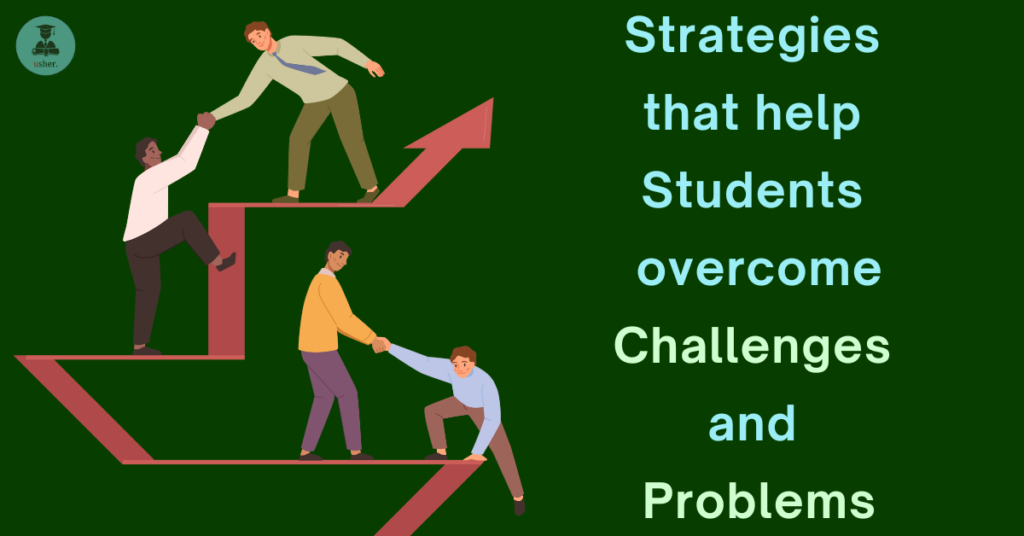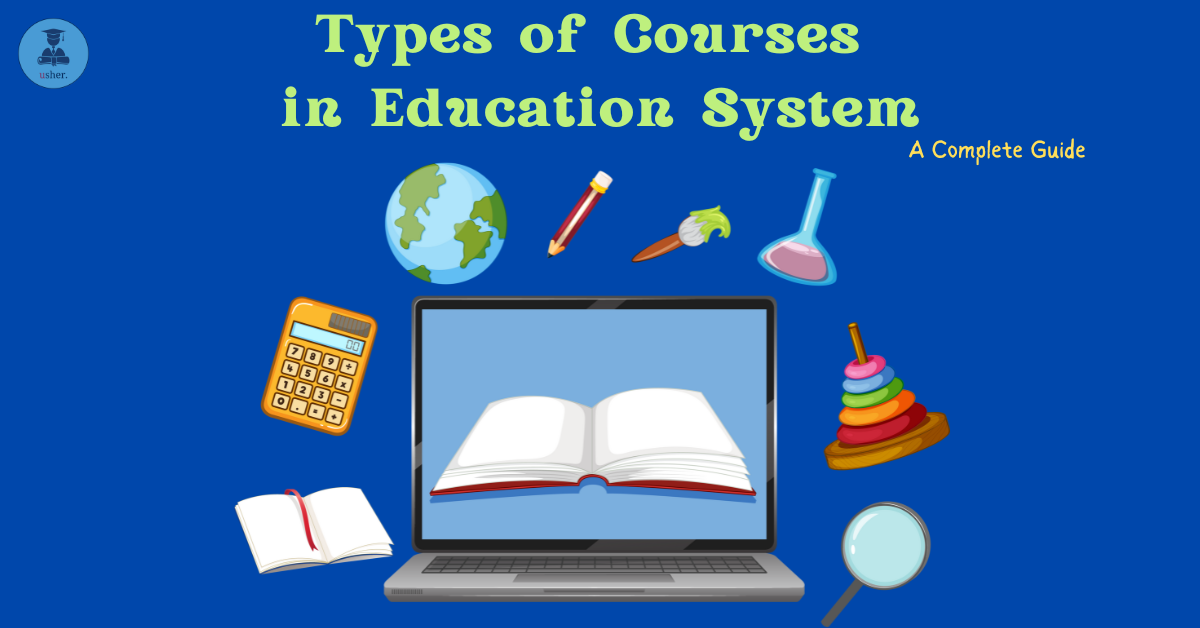Being a student is tough! There are numerous tasks to complete throughout the day that become part of your daily routine. You are required to learn how to prioritize your tasks and manage your time effectively in order to stay on top of your responsibilities.
Students, being humans, also occasionally find this kind of life to be difficult and overwhelming. You lose interest and motivation and feel burned out.
And if you also feel the same, you have come to the right place. In this article, we will discuss the best and most proven strategies to help you overcome challenges and problems as a student.
Develop a Growth Mindset
If you stick to your mistakes and count them as your flaws, then it can be a big drawback that may ruin your constructive growth. To grow, you have to develop an idea and picture a mindset that will serve as your template.
Developing a growth mindset involves embracing challenges, persisting through setbacks, and seeing effort as the path to mastery. By shifting your perspective to view obstacles as opportunities for growth, you can cultivate resilience and adaptability in the face of academic challenges.
Set Clear Goals
Setting clear goals also helps to provide motivation for the students and allow them to function accordingly.
Oftentimes, students are not aware of their future career prospects and tend to focus less time on developing the necessary skills and knowledge. By setting clear goals, students can better understand the steps needed to achieve their desired outcomes.
By breaking down your larger objectives into smaller, achievable steps, you can track your progress and celebrate your accomplishments along the way.
Stay Organized and Manage Time
Time management is crucial for a proper study schedule. Thus, it will be important for students to start making a schedule or routine for themselves. Moreover, time management helps students give equal importance to every subject.
Staying organized and managing time effectively are essential skills for academic success.
Creating a schedule, prioritizing tasks, and eliminating distractions can help students stay on track and meet deadlines.
Seek Support and Guidance
Seeking support and guidance from teachers, tutors, or classmates can provide valuable insight and assistance when facing challenges in your studies.
Joining study groups or seeking help from academic resources can further enhance your understanding of difficult concepts.
Remember, it’s okay to ask for help when needed, and taking advantage of available support can greatly improve your academic performance. This guidance will not only make you a good student but also a good person.
Develop Problem-Solving Skill
You are bound to encounter problems in your life. The reason you’re given tough questions is to tell you that no lesson is learned in an easy way. The more you brainstorm about solutions, the sharper you get. You unlock more potential and can easily target bigger goals in the future. That’s why you are taught critical thinking and problem solving skills at school.
Developing critical thinking and problem-solving skills is essential for academic success and future career opportunities. By actively seeking solutions to challenges, you can improve your critical thinking abilities and become more confident in your ability to overcome obstacles.
Practice Self-Care
You are not supposed to ignore yourself throughout your journey. Whatever you are doing, you are doing it for yourself. You are equally important as your studies. So keep in mind that even though you are running, you’ll one day achieve your goals, but until then, your mind and body need good care and support.
Don’t sacrifice your sleep, hobbies, and don’t ruin your social life. Your mind needs rest after continuous work, so provide the same. If you don’t feel like studying and feel burned out instead, take a break. Go for a walk, watch a good comedy video, play your favourite sport, or simply relax with a cup of tea.
Remember to meditate and exercise, and also develop the habit of eating healthy foods and maintaining a balanced diet.
Stay Focused on Learning
Although marks are important, they should not be the sole focus of your education, so stop being obsessed with them. All those assignments and countless study sessions would be of no use if you were unable to retain that knowledge. Learning should be your prime goal. Instead of mugging, if you understand the concept and learn about new stuff, then it will help you gain more knowledge about your subject.
Remember to enjoy the process of learning and growth, as that is what will truly benefit you in the long run. Keep a positive attitude towards your studies.
Develop Effective Study Habits
Studies are no game; you have to learn good techniques to study smarter. Try to form study groups to get an idea of study techniques that might be useful for you. Have a personal study schedule that is going to help you target all your weak areas. Try solving your assignment sheets daily to get an idea of all the methods that your teacher might be employing to solve a particular lesson.
Build a Supportive Network
Having a supportive network of friends, family, and mentors can provide encouragement and motivation during challenging times. Surround yourself with people who believe in your potential and can offer guidance when needed.
Also read: How School Friends Shape Your Career Path
Practice Gratitude
Practicing gratitude can help shift your focus from what you lack to what you have, leading to a more positive outlook on life. Take time each day to reflect on the things you are grateful for, no matter how big or small.
Call your friends and family and talk to them about what you appreciate in your life, as sharing gratitude can strengthen your relationships and bring you closer together.
Remember to express your thanks and appreciation to those who support you, as it can create a cycle of positivity and support in your network.
Build Resilience and Grit
Developing resilience is crucial for students to navigate the inevitable ups and downs of academic life.
Resilience involves embracing failures as learning opportunities rather than setbacks.
By shifting the perspective from “I failed” to “What can I learn from this experience?” you can cultivate a growth mindset that views challenges as stepping stones to success.
Building resilience also means developing a strong sense of self-confidence and a positive outlook.
Practicing self-compassion and recognizing personal progress, no matter how small, further strengthens resilience.
In essence, resilience equips you (students) with the mental fortitude to bounce back from adversities and continue striving towards their academic and personal goals.




